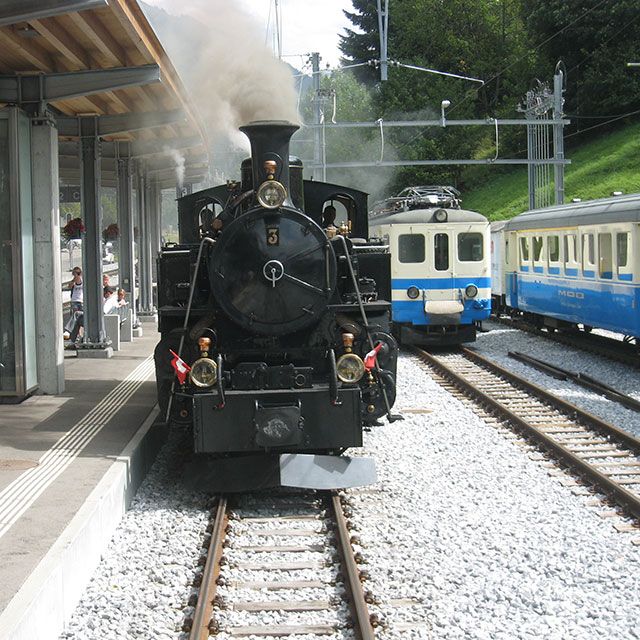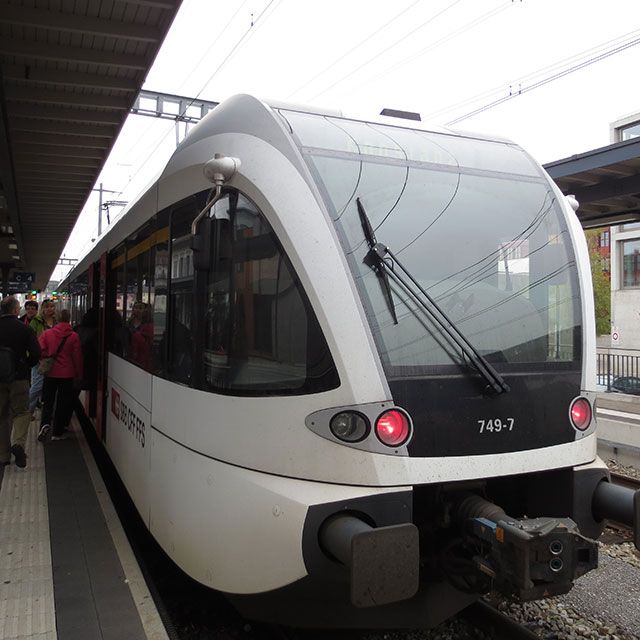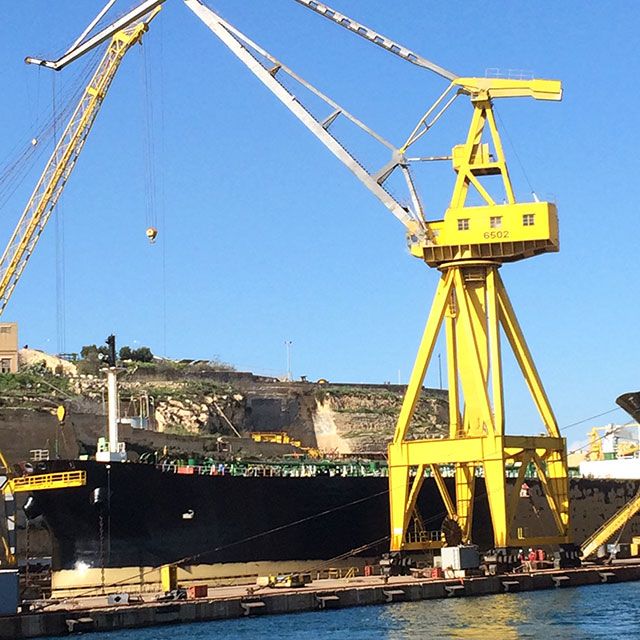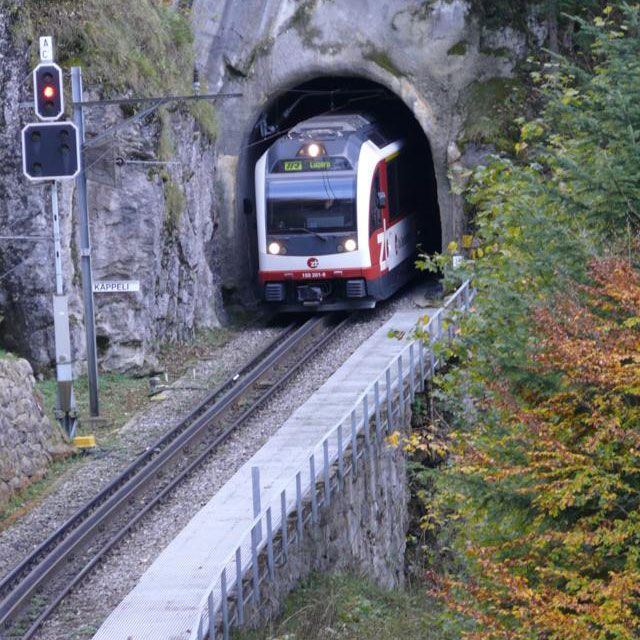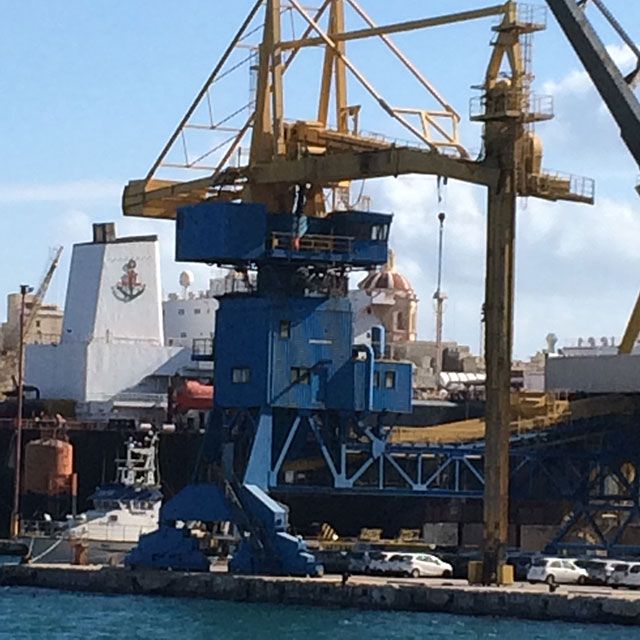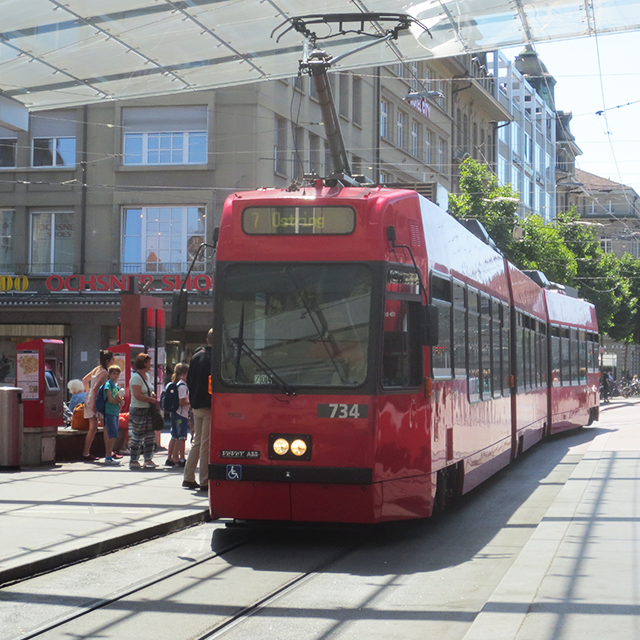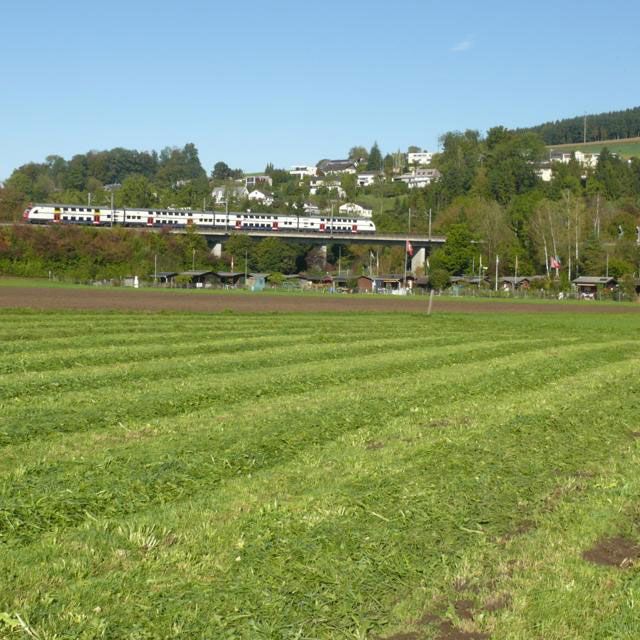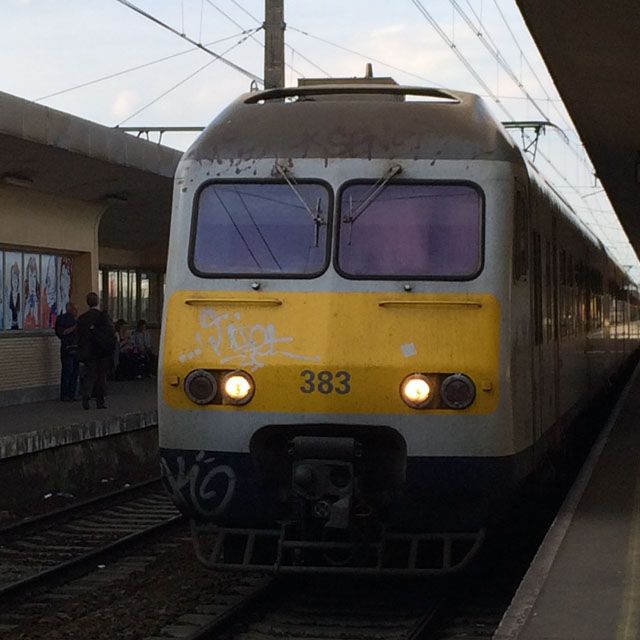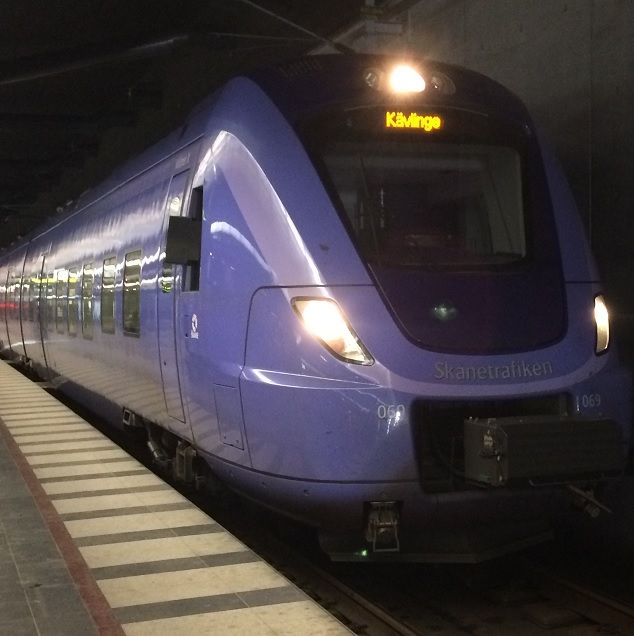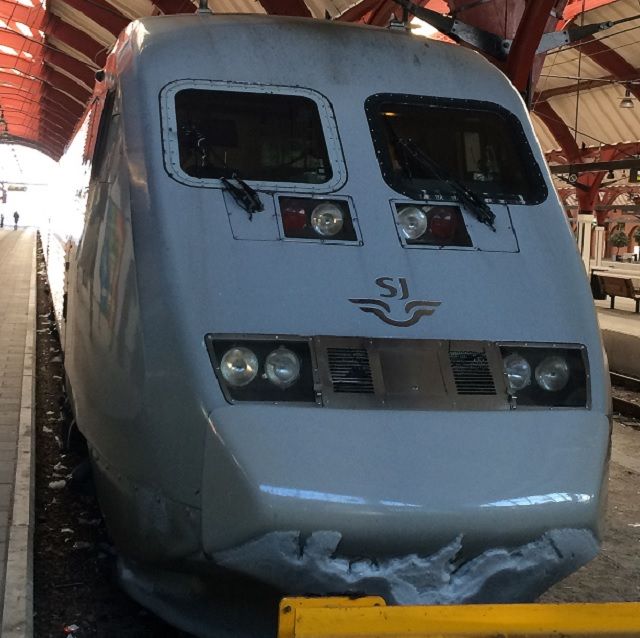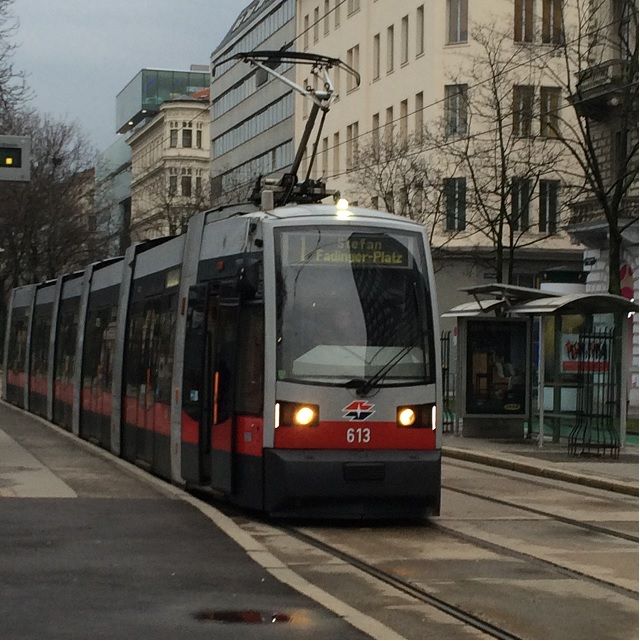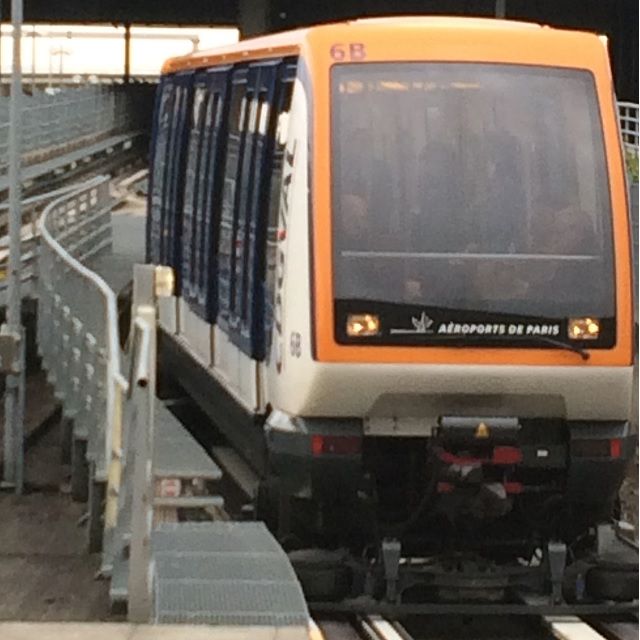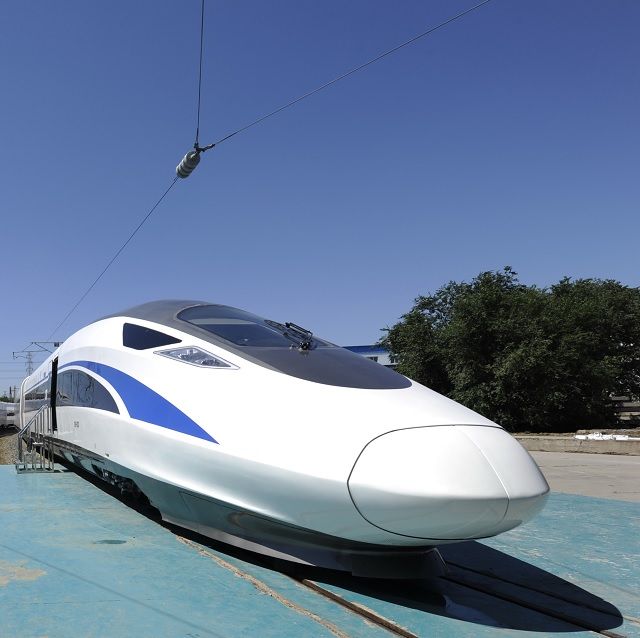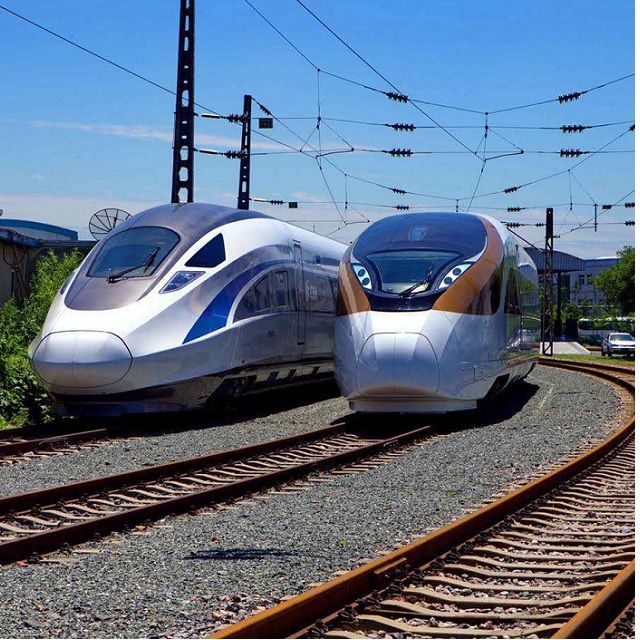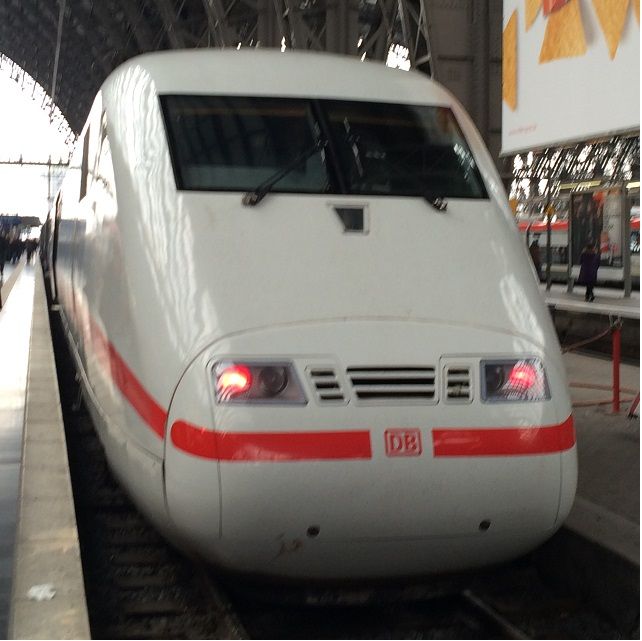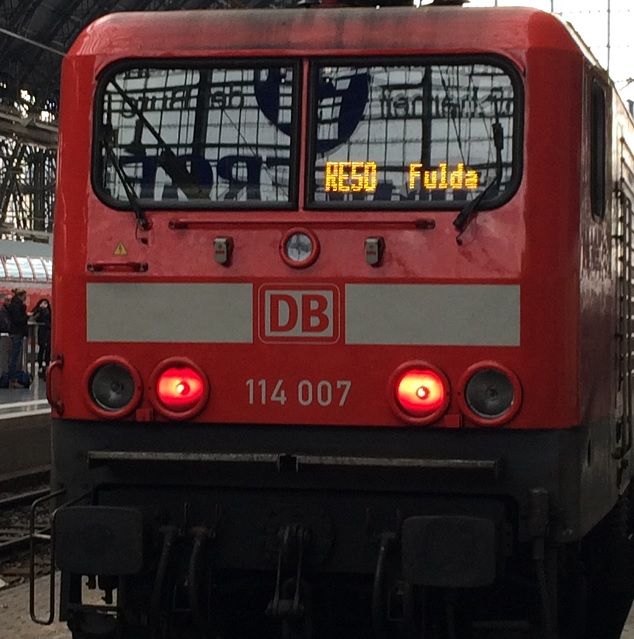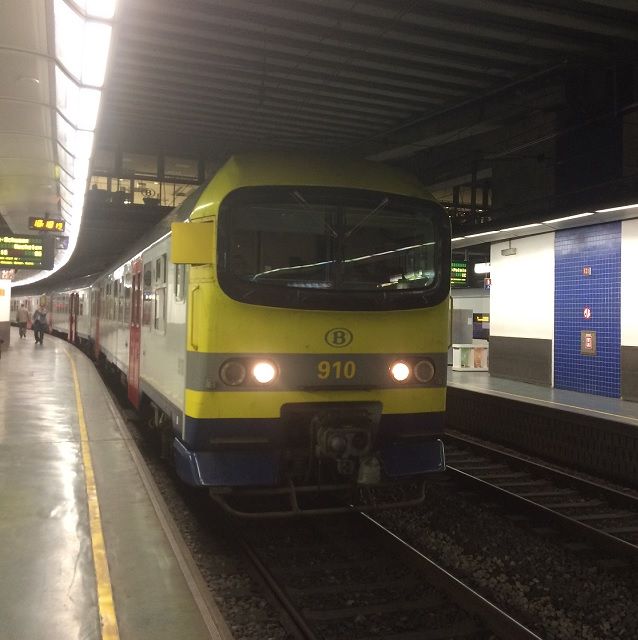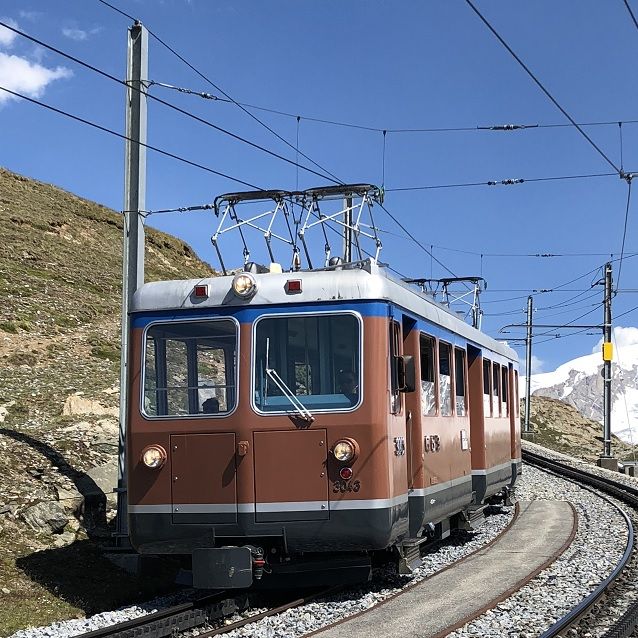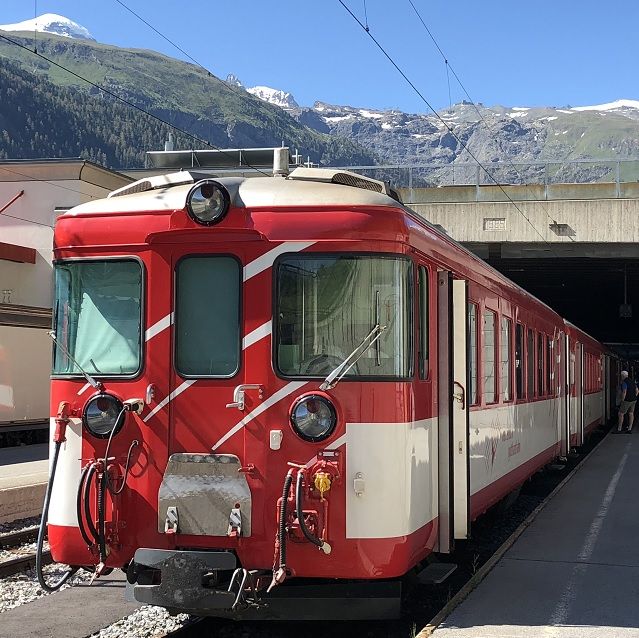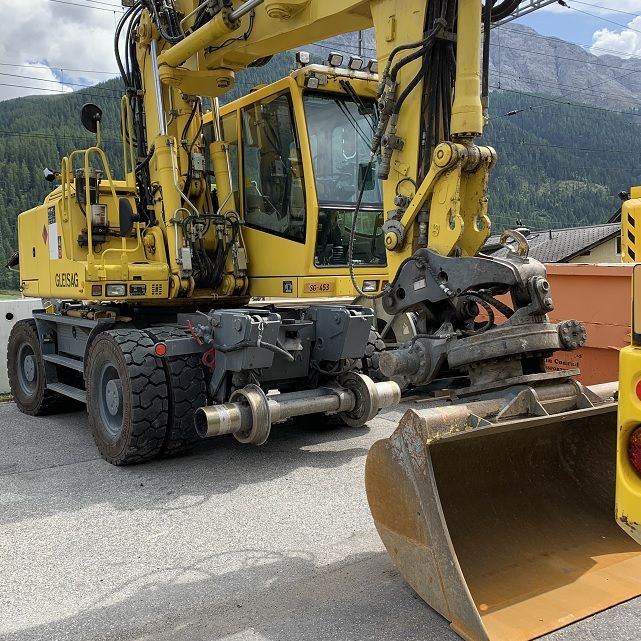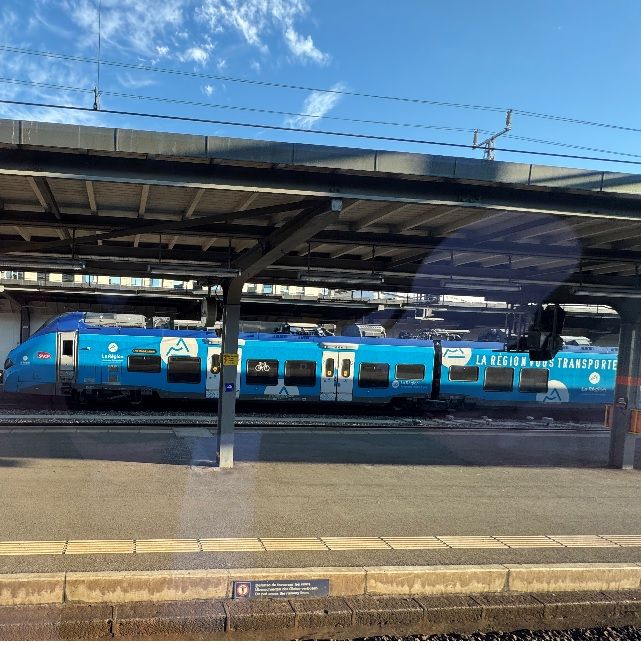News
The Luxembourg Rail Protocol enters into force

At a ceremony today during a special intergovernmental meeting at the Universal Postal Union in Bern, Switzerland, the Luxembourg Rail Protocol to the Cape Town Convention on International Interests in Mobile Equipment formally entered into force.
It currently only applies in four contracting states: Luxembourg, Gabon, Sweden, and Spain. However, several other states, including South Africa and Paraguay, are well on course to ratify the Protocol. From later today, the Luxembourg-based public international registry will be operational 24/7 and able to accredit users, allocate unique (URVIS) numbers for rolling stock, accept registrations of security interests, and facilitate searches against these interests.
“The entry into force of the Luxembourg Rail Protocol is a tremendous achievement that supports urgently needed access to private credit for the rail industry” said Ignacio Tirado, Secretary General of UNIDROIT, the International Institute for the Unification of Private Law. “At a time when an increasing number of states seek to implement transport policies that contribute towards the UN’s Sustainable Development Goals, the Protocol is a key instrument, recognized by regional bodies including UNECA, the African Union, UNECE and the EU. UNIDROIT believes that the Luxembourg Rail Protocol has the potential to unlock enormous benefits for all stakeholders as its ratification rolls out around the world”.
“With the entry into force of the Luxembourg Protocol, OTIF has reached a great milestone” said Wolfgang Küpper, Secretary General of OTIF, the Intergovernmental Organisation for International Carriage by Rail. “The Supervisory Authority is established, the International Registry is going live. For OTIF the task of the Secretariat will be new and challenging, because it will be quite different from its existing task namely to promote, improve, and facilitate international traffic by rail in all aspect. I am convinced that the new global task in the framework of the Luxembourg Protocol will help interested states to better understand the role and the full portfolio offered by OTIF. Governments and the railway industry can no longer afford to ignore this additional financing tool. This is where the Luxembourg Protocol fits in perfectly.”
“This is a momentous day for the rail industry,” said Rail Working Group Chairman Howard Rosen. “It opens up new possibilities for the private sector to provide much-needed and cheaper financing for railway rolling stock around the world. With the clear social, economic, and environmental benefits of moving the transportation of goods and people onto the railways, and public funding nearly always limited, governments now need to move forward at the earliest opportunity to ratify the Protocol.”
“We are pleased to launch the International Registry of Interests in Rolling Stock — providing new opportunities for sector advancement and protection on the international stage,” said ISC President and CEO, Shawn Peters. ISC is the parent company of the newly appointed registrar for the International Registry, Regulis SA “Both ISC and Regulis are proud of the economic and environmental impact the Rolling Stock Registry will have as it supports the growth of the global rail sector by providing a trusted source for interests in rolling stock. We value our partnerships with UNIDROIT, OTIF, and the Rail Working Group, and we look forward to working with all stakeholders who will benefit from the registry, as well as growing the registry in the years to come.”
For the complete report click here.
NOTES FOR EDITORS
The Luxembourg Rail Protocol to the Cape Town Convention on International Interests in Mobile Equipment is a new global treaty under the auspices of UNIDROIT, the International Institute for the Unification of Private Law. The Protocol will make it much easier and cheaper for the private sector to finance all types of railway rolling stock. It sets up a new system for recognition, priorities and enforcement of creditor and lessor rights, which will be registered in an international registry based in Luxembourg, accessible to everyone over the internet 24/7 and introduces, for the first time a new global unique permanent identification system for rolling stock. The Protocol entered into force in contracting states on 8th March 2024.
The European Union (in respect of its competences). Luxembourg, Sweden, Spain and Gabon have ratified the Protocol and South Africa and Paraguay are about to ratify. France, Germany, Switzerland, Mozambique, Italy, and the UK have already signed the Protocol and many other states, including Kenya, China, Malta, Eswatini, Namibia, Senegal, Ethiopia, Finland, Ukraine and Mauritius, are looking at adoption of the Protocol. The Protocol is endorsed by many international rail organisations (including OTIF, CIT, UIC, UIP, ERFA, ALLRAIL, UITP, CER and Eurofima) and actively supported by the African Union, the UN Economic Commission for Africa and the UN Economic Commission for Europe.
The Rail Working Group is a Swiss-based not-for-profit association focused on the adoption and implementation of the Luxembourg Rail Protocol. It has about 80 direct members and hundreds of additional rail stakeholders represented indirectly by various industry organisations that belong to, and support, the objectives of the RWG.
For more on the Luxembourg Rail Protocol and the Rail Working Group see www.railworkinggroup.org.
Further information from the Rail Working Group:
Tel. +41 41 760 28 88
Email: info@railworkinggroup.org
Twitter: https://twitter.com/RailWorkingGrp
LinkedIn: https://www.linkedin.com/groups/8944744/
EU Contact: Matteo Albania





